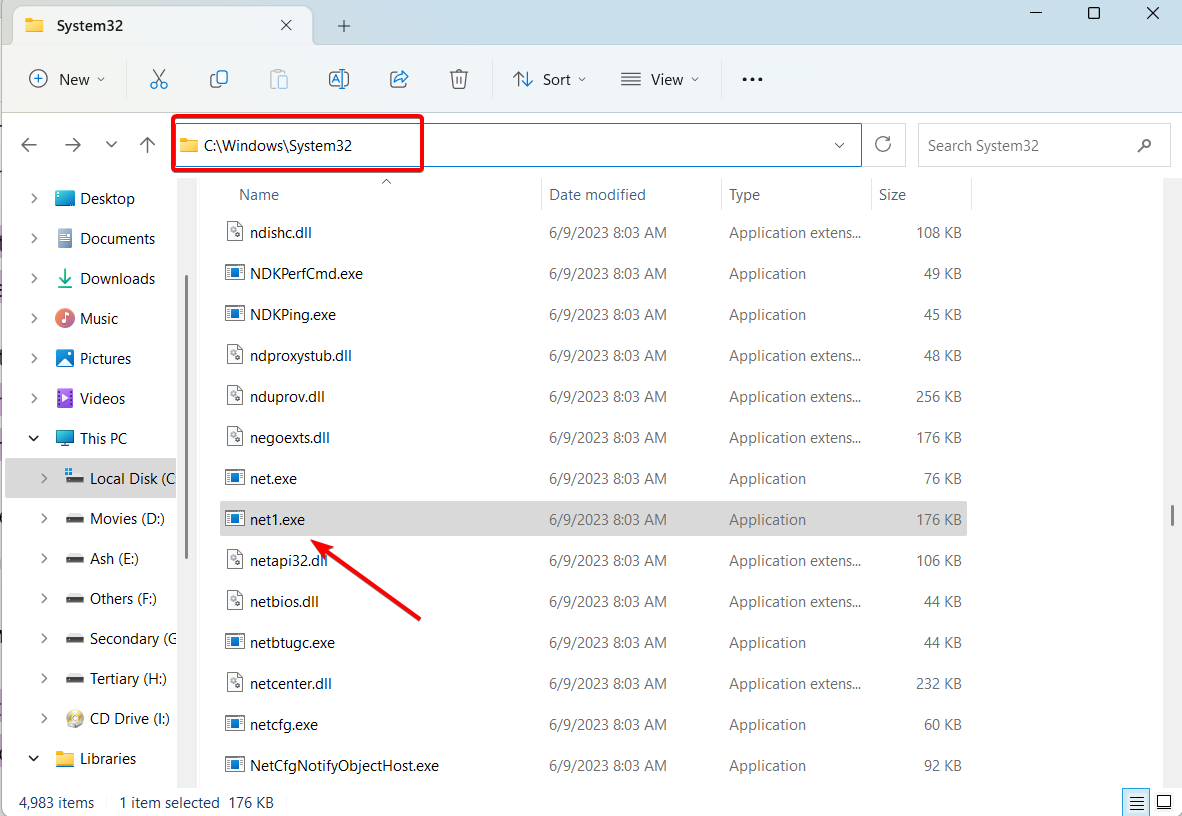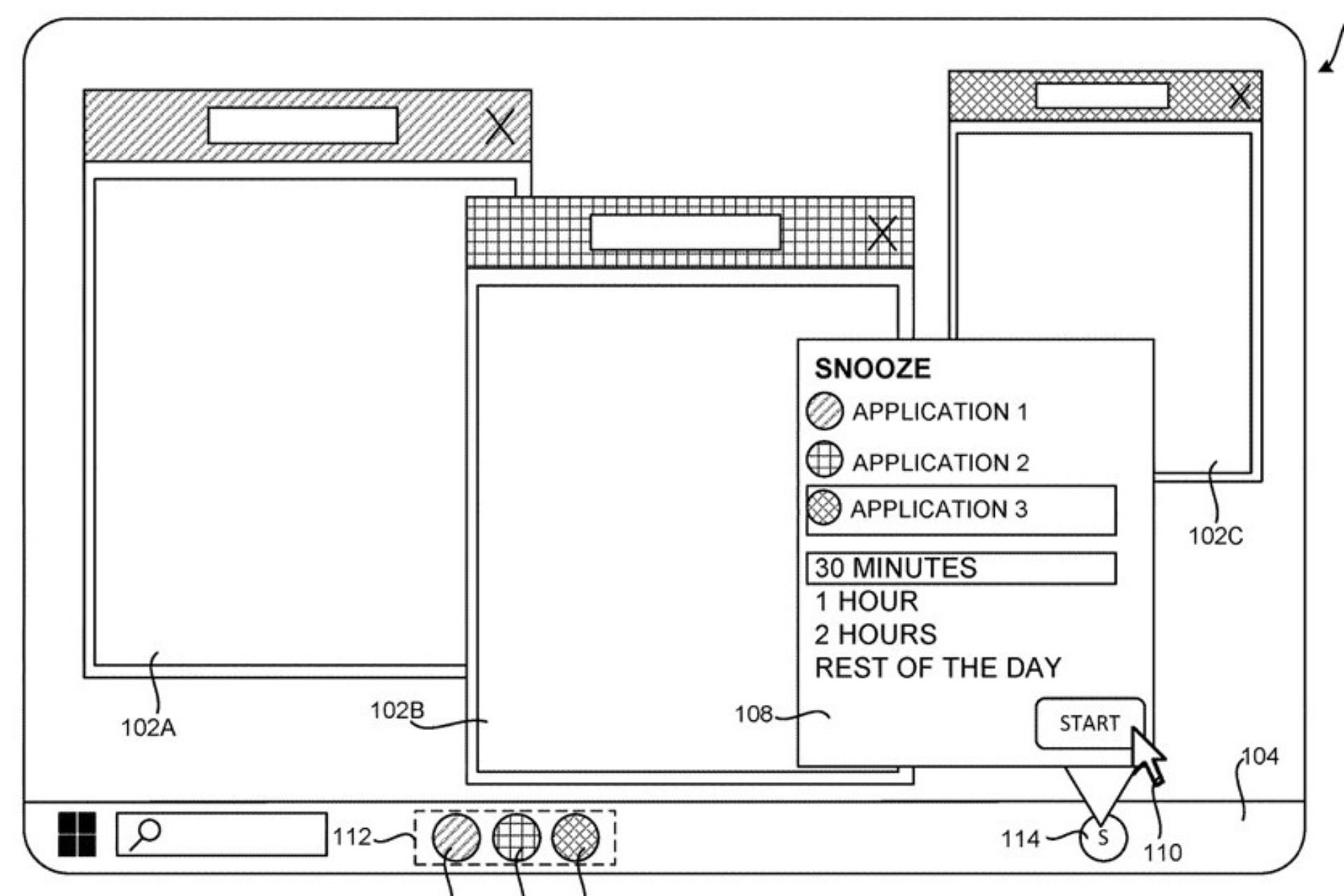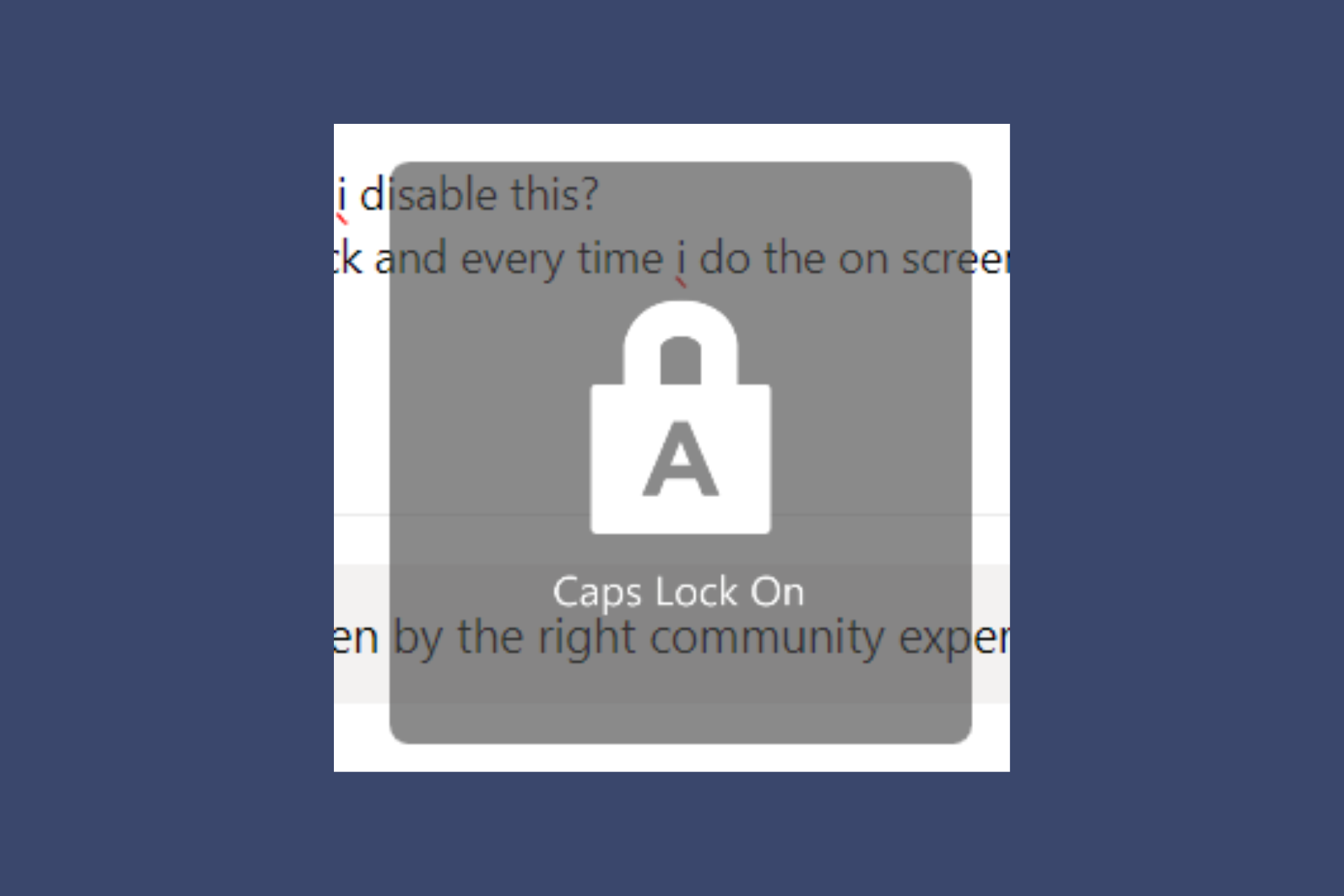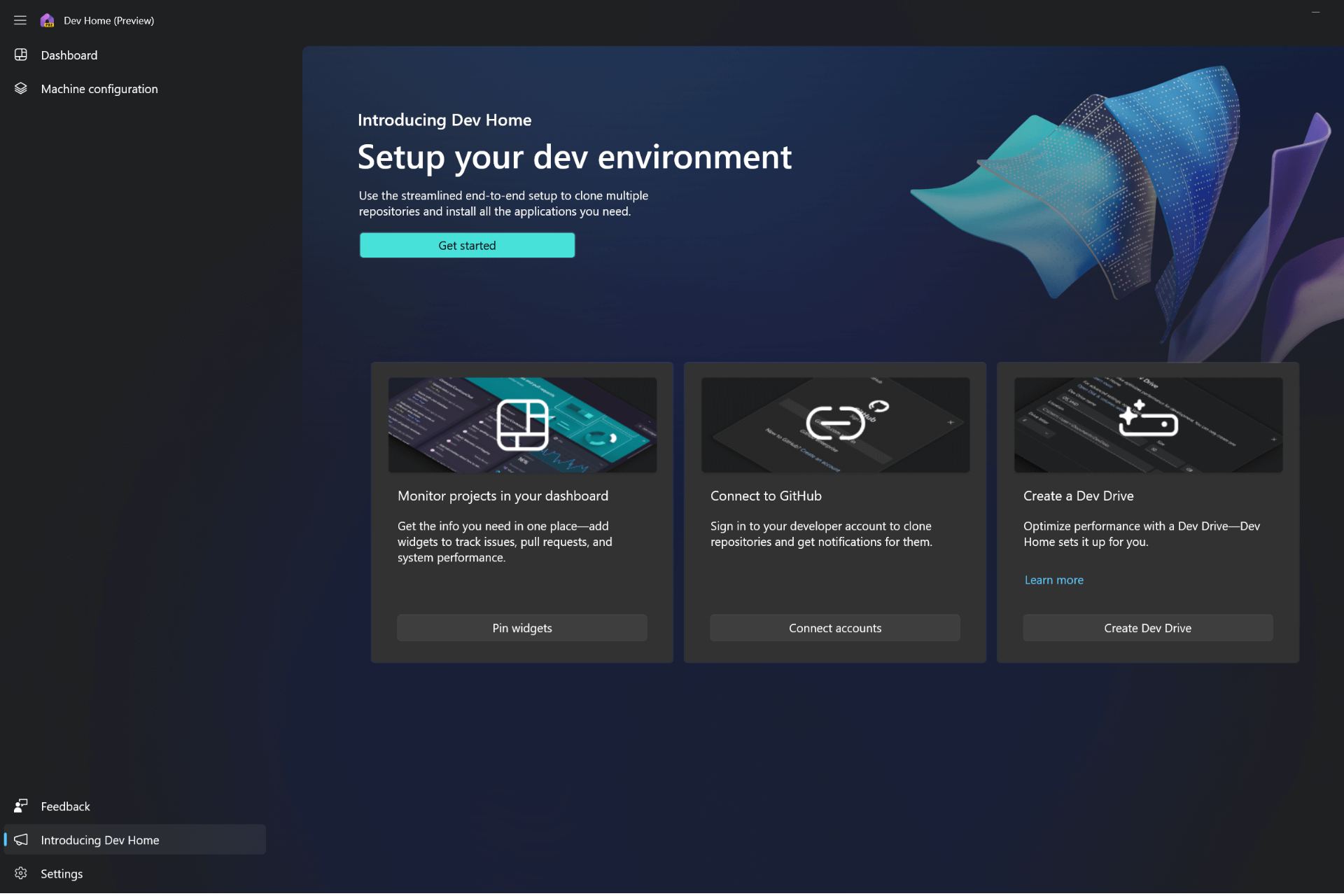What is Net1.exe & What is it Used For?
Helps with networking and communication in Windows
3 min. read
Updated on
Read our disclosure page to find out how can you help Windows Report sustain the editorial team Read more
Key notes
- The net1.exe is part of the Net Command tool in Windows, often included with Microsoft's Application Installer Software.
- The net1.exe is often referred to as the Network Command Shell and operates as a command-line tool for executing various networking commands.
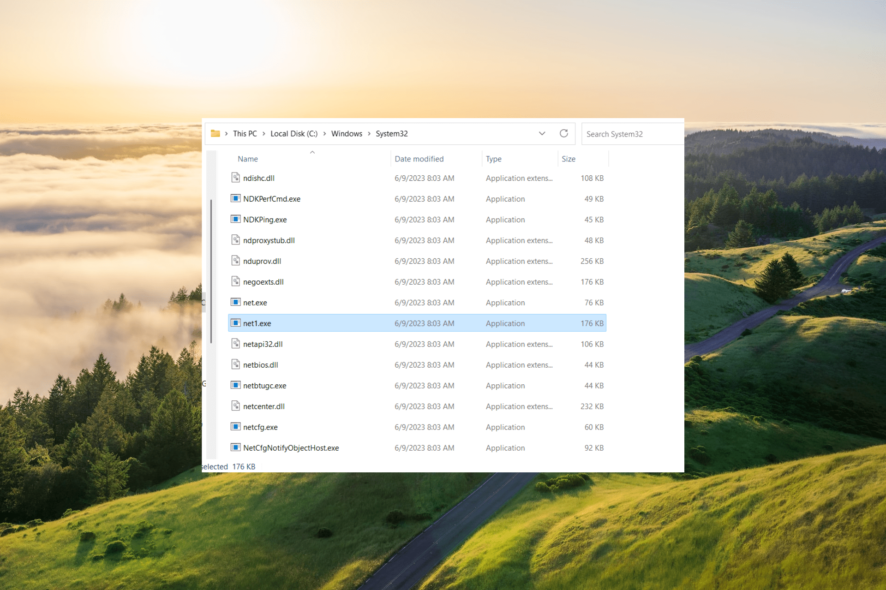
When you come across an executable file with a name you’re unfamiliar with, it’s important to be cautious. Viruses and malware often disguise themselves with innocent-sounding filenames to trick users and potentially cause harm to your computer system.
If you have found a file called net1.exe on your computer and want to know what it is, what it does, and how it is used in Windows, keep reading to find out.
What is net1?
The net1 stands for Network Settings Command for 21st Century and is an executable file that is part of the Windows operating system. It can be used to perform tasks such as configuring network settings, connecting to shared resources, managing user accounts and groups, and more.
It acts as a powerful command-line tool for network management, diagnostics, and troubleshooting.
The net1.exe is a PE binary file developed by Microsoft, located at: C:\Windows\System32
The 32-bit version of net1.exe is located at C:\Windows\SysWOW64
What is net1 exe used for?
The net1.exe process is used for managing network-related tasks and resources, such as user accounts, shared resources, and network configuration.
Some common uses of the net1.exe include:
- Network Troubleshooting: The net1.exe helps diagnose and fix network problems. It allows users to test network connections, check if a remote computer is reachable, and gather information.
- Network Configuration: It helps manage network settings. It lets users change IP addresses, subnet masks, default gateways, DNS servers, and other network parameters.
- Managing Network Resources: The net1.exe plays a role in managing shared folders, printers, and network connections. It allows users to create, delete, or modify shared resources, add or remove network printers, and establish or end network connections.
- Network Security: It helps with network security by providing command-line tools. It allows users to configure firewall settings, control network access, and monitor network traffic.
What is the difference between net.exe and net1.exe?
In most Windows versions, there is no notable distinction between net1.exe and net.exe, except for Windows NT and Windows 2000.
The net1.exe was initially developed as a temporary solution to the Y2K problem that affected net.exe. To overcome this challenge, net1.exe was created as a workaround.
The net1.exe is a file that can do everything that net.exe can do. While the problem with net.exe was fixed in Windows XP, net1.exe still exists today to ensure compatibility with older scripts that depend on its features.
It serves as an upgraded version of net.exe, addressing the Y2K problem and providing enhanced functionality.
Is net1.exe a virus or malware?
As said earlier, net1.exe is a legitimate file signed by Windows. It is neither virus nor malware. It is a command-line tool commonly used to manage various network-related functions and services.
If you are unsure whether or not your net1.exe is a legitimate file, always check its location. If it cannot be found in the location mentioned above, you may have a Trojan on your system. You must take the necessary steps to remove the virus before it can damage your system further.
Moreover, you might want to check out our article that explains how to fix the problem of executable (exe) files deleting themselves on Windows 11.
If you have further questions regarding this file, kindly drop them in the comments section.

